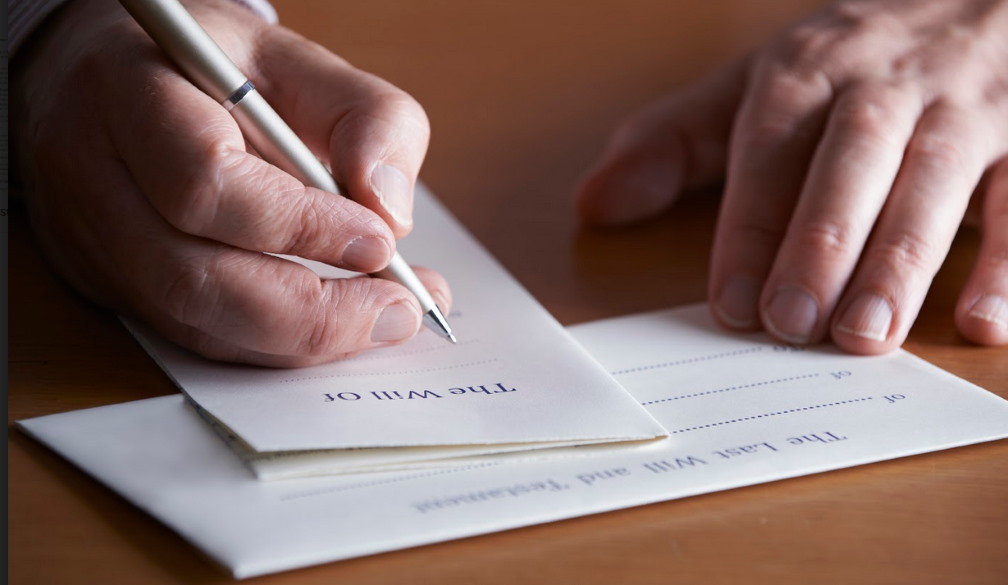10 Steps To Writing A Will - A Comprehensive Guide

When it comes to writing your will, time is of the essence. Don’t be tempted to put it off until you’re old, sick, or have spare time with nothing to do. After all, none of us knows what the future holds.
Your will is an important document which states how you want your assets and possessions distributed after your death. It’s vital to ensuring that there’s no conflict between family members over your money and belongings. Even if you’re young or have little assets, it’s still important to have a will to make sure you have a say in what happens.
Is Writing My Last Will and Testament Difficult?
The short answer is no. Writing a will doesn’t have to be particularly difficult. There are, however, circumstances where putting your will together may be a bit more complex – for example, if you have a challenging family situation. Regardless, you may be wondering what you should include in your will and how to write it.
There are several ways you can go about writing a will, and there are a few key points to consider. Read below for a comprehensive guide on how to write your own will:
- 1. DIY or Lawyer?
You need to decide how you wish to make out your will. You could use a pre-made will template (available in paper form or online) or enlist the help of a wills and estates lawyer. We recommend seeking advice from a reputable lawyer because if they aren’t written correctly, DIY wills can have serious financial consequences.
- 2. Appoint an Executor
The executor is the person who will ensure that your will is carried out according to your wishes, so you need to choose someone who’s responsible and trustworthy. Your executor must be over 18 years of age and could be a family member, friend, or legal adviser.
- 3. Guardianship of Children
If you are a parent of young children, you need to appoint a guardian for them in the event of your passing away. It’s wise to appoint a second option, should the first not be able to take care of your little one/s.
- 4. Beneficiaries
The beneficiaries are the people who will receive your money and assets after you die, so take time to decide who they will be. This list may include your spouse, children, siblings, family members, friends, and charitable organisations.
- 5. Assets
Make a list of your assets and their approximate value. Be sure to note if any assets are jointly owned or have mortgages or loans on them. Speak to your legal adviser about the value of jointly owned assets (this particularly applies to real estate).
Some of your possessions may have significant emotional value, for example, family heirlooms, jewellery, or other cherished items. Be sure to be specific about who receives these assets.
- 6. Special Requests
Many people have complex family circumstances, and to cater to this, you may wish to customise your will to exclude somebody who would normally benefit from your will. Speak to your legal adviser about the best way to go about this.
- 7. Funeral Instructions
Your funeral instructions should be included in your will. It’s important to note that in some circumstances, your wills are not found and executed until after the person’s funeral, so it’s wise to discuss this issue with a close relative or friend to ensure that your funeral is carried out in accordance with your wishes.
- 8. Witnesses
For your will to be legal and binding, it must be signed in the presence of two witnesses. The witnesses do not need to read or be aware of the contents of the will. They simply need to watch you sign each page, then sign, print their names, and date the last page of the will.
- 9. Where Should I Keep My Will?
Your will should be kept in a safe and secure place. It doesn’t have to be lodged or registered with any legal authority; however, it must be kept somewhere where it can be found easily after your death.
- 10. Can I Update My Will?
If your circumstances change or you wish to alter your will for some other reason, it may be amended or re-written. A codicil is a separate document that contains an addition, modification, or explanation to your will. You may wish to speak to your legal adviser about attaching a codicil to your will.









